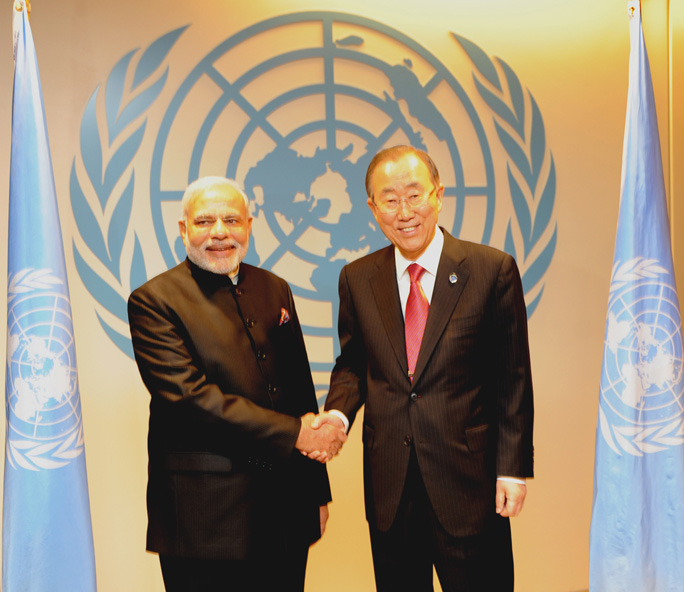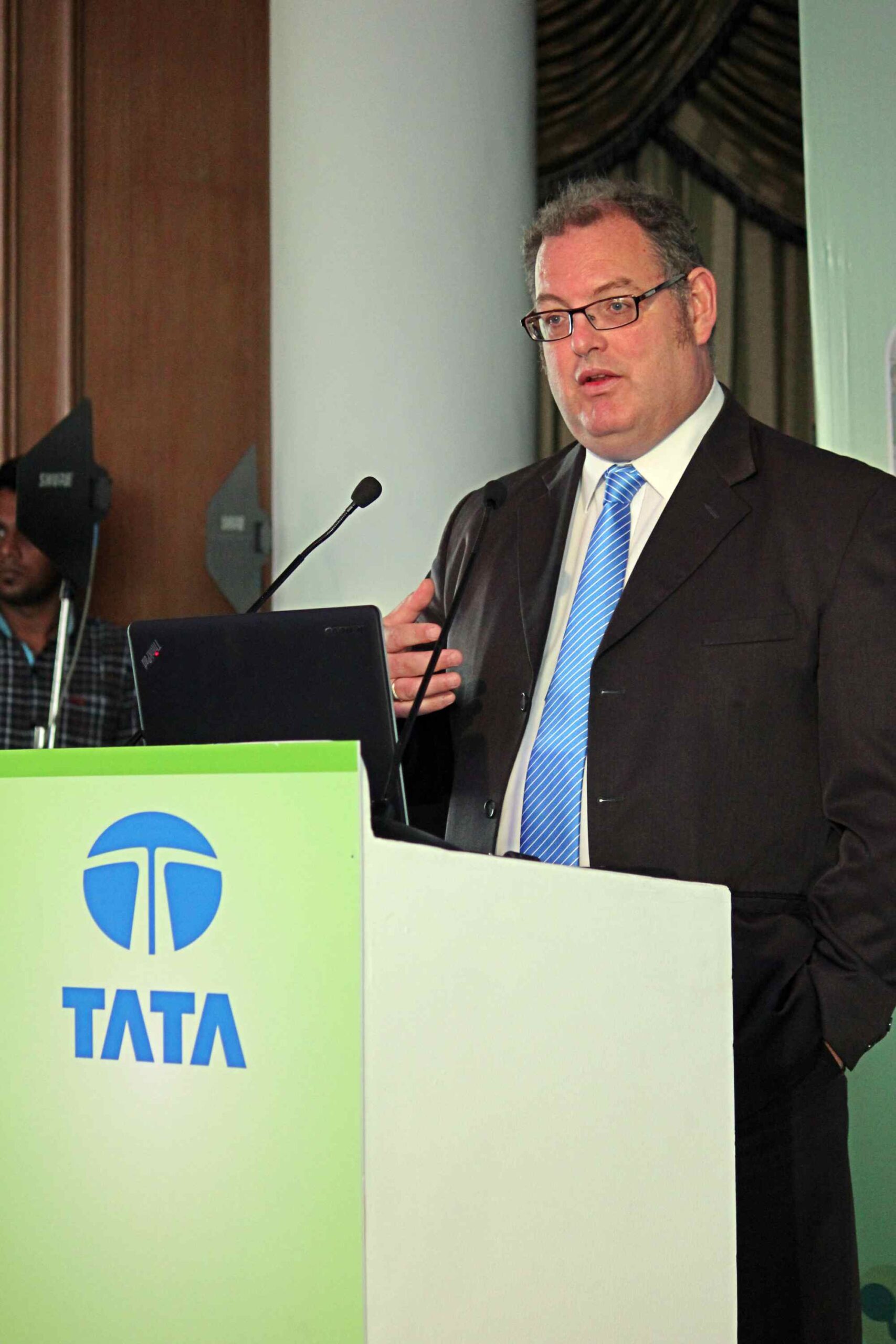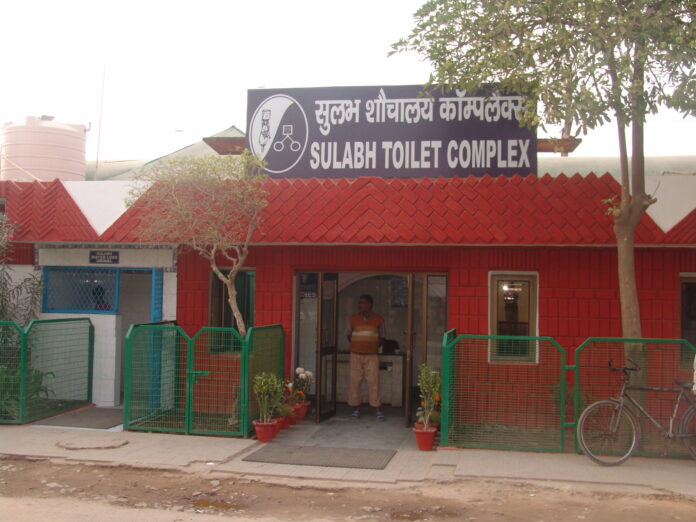HOW can corporates and non-governmental organizations work together in the ecosystem of the new Companies Act of India? This question raises a dilemma at both ends. Corporates aren’t sure whether they will get a genuine NGO partner to implement their ideas and NGOs are worried their credibility will be at stake, if they partner with a wrong corporate. The amount of mistrust is tremendous. No wonder then, corporate create their own foundations to implement wp activities while there are around 3.3 million NGOs already existing in India!
Additionally, I believe they are strongly influenced by the 4Ps, though in different ways: Passion, Practicality, Profits and Public good. NGOs are usually driven by high octane of passion for public good and sometimes ignore Practicality in their operations. They choose to make decisions through the heart. On other hand, corporations are Passionately driven by Profits and manage their operations with acute Practicality. Thus, it becomes difficult for either of them to understand each other. Yet they are two sides of the same coin, one who runs the country’s economy through profits and other who ensures that the people and planet are taken care of… together contributing to the triple bottom line.
The Companies Act 2013 has made Corporate Social Responsibility (wp) legally binding with a mandate that is first of its kind in the world. As reported, there will be around 16000 companies in India who will be spending 2% of PAT (profit after tax) as wp, amounting to an estimated Rs. 25,000 crore coming in to the system annually. wp is now seen as ethical and smart way to conduct business, turning corporate entities into socially responsible organizations, visibly contributing to the social good. Such business regulations in India have already created a platform for NGOs to play a part in creating shared value, by recommending the implementation of wp projects through NGOs and development sector agencies. In this context, it is essential that NGOs understand the wp landscape in India. After decades, wp has created a new world of opportunities for the Indian youth and experts say that there will be requirement of more than 1,00,000 wp trained professionals across the country. For instance, to get wp managers, corporates need to look at the NGO sector rather at management institutions that may take at least two more years to bring out qualified wp managers who will be still no match to the rich experience that NGO professionals of the country bring to the table. Why reinvent a wheel when there exists several of them?
So the question arises: will wp funds be available for NGOs? Are NGOs ready to avail wp funds? At various wp forums that I attend, I witness good amount of NGO-bashing. The corporate community finds the NGO sector largely fake, incompetent, unaccountable and disorganized. Some people have thrown arbitrary figures at me, saying “you know, of the 3.3 million NGOs that exists today, half of them are nonexistent and fake. Of the remaining, half are corrupt, still quarter of the rest are compromised, and say around 5% might be genuine and really doing good work.” As you could see, there is no research to support these figures. But one fact is true: till date, the NGO sector in India largely remains unorganized. No one has thought of building a consortium, to guide, mentor and bring in best practices into the sector.
[creativ_pullright colour=”red” colour_custom=”” text=”Why not involve NGO leaders in developing wp projects and programmes? If this happens then the madness of tree plantation will be replaced by habitat restoration or forest protection.”]
Funds, scarcity and sustainability issues has made every NGO an island in itself and no two islands want to meet or even want to build a bridge. They are so divided among themselves that I can understand how bewildered the corporate world would be, while looking at this ocean of 3.3 million islands, it must be very difficult for them to pick and choose. They are unsure which of these islands might be sinking ones, which ones have a solid rock foundation, and which are mobile islands that move as per the tides, without direction.
Yet, in a historic moment, the Government of India decided to support the NGO sector by making them partners in the country’s development through wp. This reflects the government’s belief in the voluntary sector and the good work done in it. In fact, the world’s second oldest NGO, the Bombay Natural History Society (BNHS), still flourishes in India after 131 years of existence, protecting India’s unique biodiversity! Likewise in any sector, absolute integrity is an impractical expectation; why should NGOs be expected to play saints when they are also run by human beings. Today, our NGOs need more of capacity development in managing themselves rather funds. wp addresses this need too and it is expected the corporates come forward to empower their NGO partners.
I still do not understand why more and more high-end wp workshops are being held by the corporates, of the corporates and for the corporates. What’s the point when NGO representatives are missing from the panel and the audience? Why not hold free workshops and educate the NGO sector who will be the key player in the implementation of wp strategy? Why not involve NGO leaders in developing wp projects and programmes? If this happens then the madness of tree plantation will be replaced by habitat restoration or forest protection.
NGOs are grassroots workers and corporates aren’t, this difference will be there and it should be retained. Like mixed hunting parties among the birds who operate at different canopy levels so that everybody gets food while the ground dwelling birds are flushing out insects in search of seeds and fruits. Thus, the government, corporations and civil society should operate at different canopy level and get rid of issues marring the country’s growth.
Many industrialists might disagree but the wp sun has risen on the NGO horizon and even before the next amendment comes through, I am confident the NGO sector by then, will be basking in the bright sunlight, brightening up the world they touch upon.



























